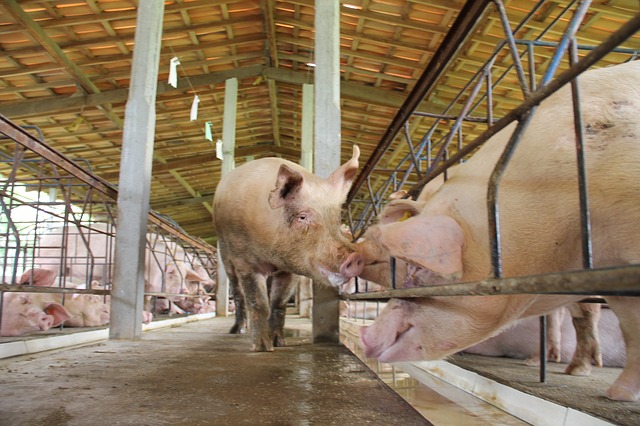



New way to combat infertility in your boars
Researchers at the University of Missouri have now found that zinc plays a key role in promoting fertility in males, a discovery that has implications for improved in vitro fertilisation and artificial insemination in livestock and for human infertility diagnostics and therapiesInfertility affects about 20 percent of the US population and can be incredibly costly; it also costs the livestock industry billions of dollars each year.

Much of the hard work of breeding can be undone through low levels of zinc in the diet. Zinc has proven influence on fertility in boars.
“Zinc is linked directly with fertility,” said Peter Sutovsky, a professor of animal science in Missouri University’s College of Agriculture, Food and Natural Resources.
“We have known that giving males zinc supplements – whether pigs or humans – improves fertility. Now we know that analysing zinc signatures can help us quickly evaluate the fertilising potential and quality of sperm.”
Scientists have long struggled to understand what regulates sperm “capacitation” – the vital physiological process sperm must undergo to become capable of fertilising an egg cell. Sutovsky and doctoral student, Karl Kerns, used a state-of-the-art image-based flow cytometer – which can take images of up to 2,000 cells per second and track biomarkers such as zinc with fluorescent dyes – to monitor zinc localisation during various stages of capacitation in sperm cells. They found that zinc ions (Zn2+) exert significant control over capacitation beyond merely enabling the process, in that the ion can prevent and even reverse the capacitation process in some cases. This also occurs when an egg has already been fertilised and must defend against another fertilisation.
The study demonstrated the ability to quickly and accurately evaluate the fertility of livestock or humans by analysing their sperm cells with a flow cytometer. This allows for more informed decision-making when it comes to alternative processes like in vitro fertilisation and artificial insemination. For example, sperm cells are traditionally “diluted” before artificial insemination into livestock, which eliminates some of the zinc. Preserving the zinc would lead to healthier sperm and a greater ability to identify infertility.
“Infertility is a costly issue for both humans and animals,” Kerns said. “This study gives us tools to approach the problem more efficiently by demonstrating the importance of zinc – both as a mediator of fertility and as an indicator we can use to identify issues with sperm. If we could add just one more pig to every litter, that would increase the income of US pork farmers by $130 million per year.”
Click here to find out more!









